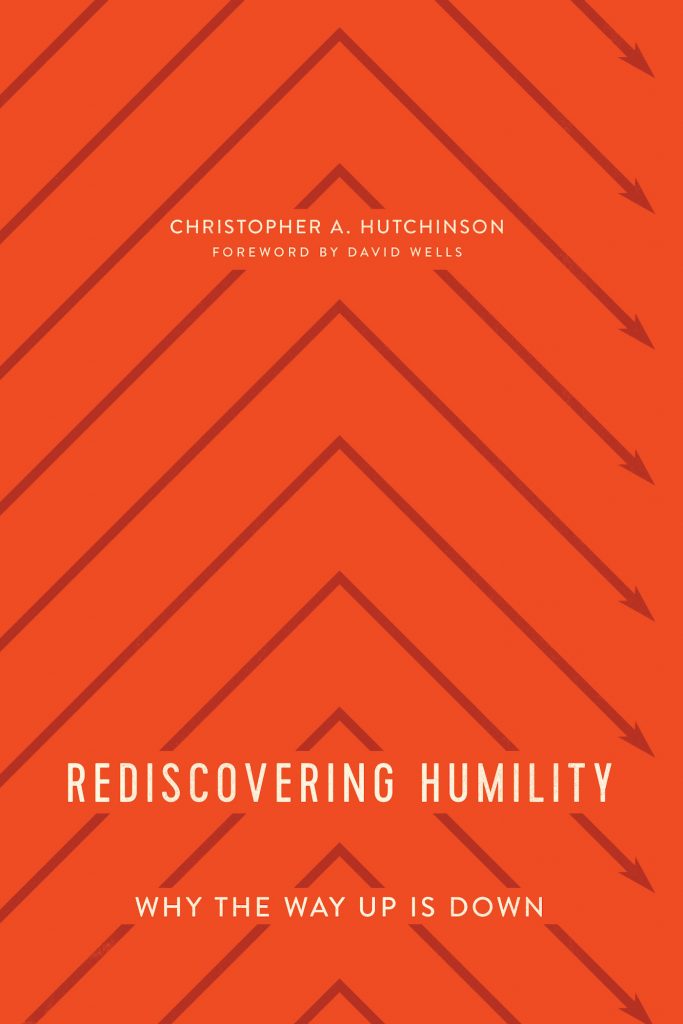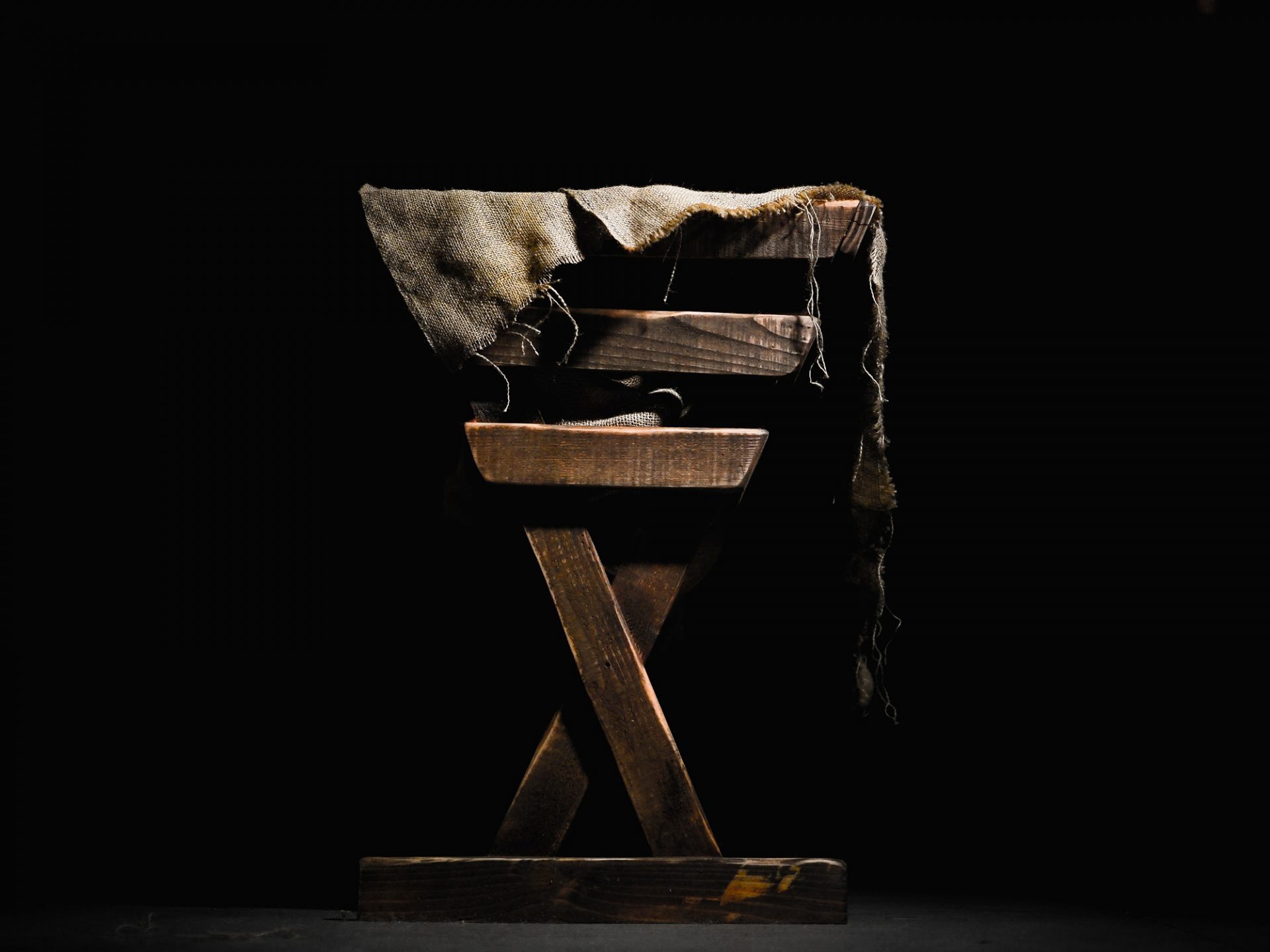After a long year, many of us are looking forward to Advent, a time of renewed hope and joy and reflection on our Savior’s love for us. Of course, a favorite feature of this season will be the singing of Advent and Christmas carols. Few capture the meaning of Christ’s incarnation more than the hymn, Thou Who Wast Rich Beyond All Splendor, based on 2 Corinthians 8:9:
Thou who wast rich beyond all splendor,
All for love’s sake becamest poor;
Thrones for a manger didst surrender,
Sapphire-paved courts for stable floor.
Thou who wast rich beyond all splendor,
All for love’s sake becomes poor.
Thou who art God beyond all praising,
All for love’s sake becamest man;
Stooping so low, but sinners raising
Heavenwards by thine eternal plan.
Thou who art God beyond all praising,
All for love’s sake becamest man.[1]Thou Who Wast Rich Beyond All Splendor
Thou who art love beyond all telling,
Savior and King, we worship thee.
Emmanuel, within us dwelling,
Make us what thou wouldst have us be.
Thou who art love beyond all telling,
Savior and King, we worship thee.
Here is our Savior’s love and humility celebrated. But if we are not careful, we might miss the challenge in the last verse, which calls us to something more than mere reflection: “Emmanuel, within us dwelling, make us what thou wouldst have us be.”
Reflecting His Humility
What would Jesus have us be? The rest of the hymn tells us—someone who reflects his humility. We are reminded that it is not Jesus’s glory, but his humility that is the model for the Christian life. After all, Jesus himself teaches us this:
If any man will come after me, let him deny himself, and take up his cross daily, and follow me. For whosoever will save his life shall lose it: but whosoever will lose his life for my sake, the same shall save it.
Luke 9:23–24; KJV
This picture is the model for the whole Christian life. Crosses were used for one thing only in the Roman world—to torture and execute the condemned. And that is how Jesus describes the Christian life. To die daily.
The cross has lost its scandal in our day. We wear it bejeweled around our necks and set it serenely on steeples, silent and tame. In Jesus’s day, however, the cross was an instrument of horror and humiliation. It begs the question: do I really want to follow this Jesus? Do I really want to die to myself every day?
Of course, this does not mean that Christ’s followers should actively seek literal martyrdom. But the point of Jesus’s statement in Luke 9 is this: the cross is the model for the entire Christian life, whether we are martyred or not. The way up is always the way down. Each day we must die to ourselves and seek to serve. This is the way of Christ. The Christian life is cross shaped from head to toe. The way of growth (sanctification) is always godly humiliation.
Your Story as a part of His Story
And yet, the New Testament also teaches that this is not the whole story. After all, Jesus teaches that whoever humbles himself will be exalted (Matthew 23:12)! We “suffer with him in order that we may also be glorified with him” (Romans 8:17 ESV). The end result of our humble service is not abasement, but heavenly glory, life with God forever! That is the end of the story (see Revelation 21–22).
The point is this. Your life is unique, and you are Christ’s. God will ordain tests and opportunities for you to bear your cross and follow after Jesus in your own setting. Wherever you find yourself in life, you must understand that pursuing and imitating Jesus will naturally lead to a lifestyle of humility, of laying down your agendas and self-interest in pursuit of the Father’s glory and the good of others.
The Way to Abundant Life
Now all this may seem rather grim, too much to bear. But that is rather the point. When we realize the depths to which Jesus calls us, we realize that we have not the strength to follow him there – unless he helps us. Which is exactly what he promises to do:
Come to me, all who labor and are heavy laden, and I will give you rest. Take my yoke upon you, and learn from me, for I am gentle and lowly in heart, and you will find rest for your souls. For my yoke is easy, and my burden is light.
Matthew 11:28-30
Jesus tells us that his yoke is easy and his burden light precisely because he is right there carrying it with and for us. Following Jesus in the way of humility is the way to greater joy, not less. The Jesus who calls us to pick up our cross is the same Jesus who came to bring us life abundantly (John 10:10). Bearing our cross daily does not mean a life of dour, soul-squashing asceticism. Rather, bearing our cross sustains and refreshes our soul even as we undergo the pain of daily self-denial. As the psalmist puts it,
Not to us, O Lord, not to us, but to your name give glory, for the sake of your steadfast love and your faithfulness!
Psalm 115:1
When we begin to live like this, we begin to live the abundant life Jesus promised. We forsake the prideful, deadening ways of this world and begin to feel the realities of Christ-soaked living, feeling real joy and pain all at once. And yet we are no longer consumed with our own joy or pain because we no longer live for our own glory.
When you struggle to pick up your cross and follow Christ, remember that in him, you are already justified, and you cannot lessen his love for you by your failures. Turn to him in your weakness, remembering that “a bruised reed He will not break, and a smoldering wick he will not quench” (Matthew 12:20). Remember that he will treat you with the same humility and gentleness that you are struggling to imitate! He is God almighty, and his power and humility are on your side.
That is what Advent and Christmas are about. God is for us in Christ Jesus. This truth leads us not to mere sentimentality, but a worship that also embraces the humility of Christ for our lives. Emmanuel, within us dwelling, make us what thou wouldst have us be. The way up is always down. And make no mistake, that Day is coming when all who are in Christ will be raised up. Until then, take up your cross and follow him.
Content for this post was adapted from Rediscovering Humility: Why the Way Up is Down by Christopher A. Hutchinson ©2018.
[1] Frank Houghton, “Thou Who Was Rich Beyond All Splendor,” in The Trinity Hymnal, Revised Ed. (Atlanta: Great Commission Publications, 1990), p. 230.

Rediscovering Humility: Why the Way up Is Down
Most of us value humility, especially in other people. But Jesus taught that humility is central to the Christian life. Author Christopher Hutchinson invites the church to follow Christ—both individually and corporately—in this high calling.
Photo by Greyson Joralemon on Unsplash





